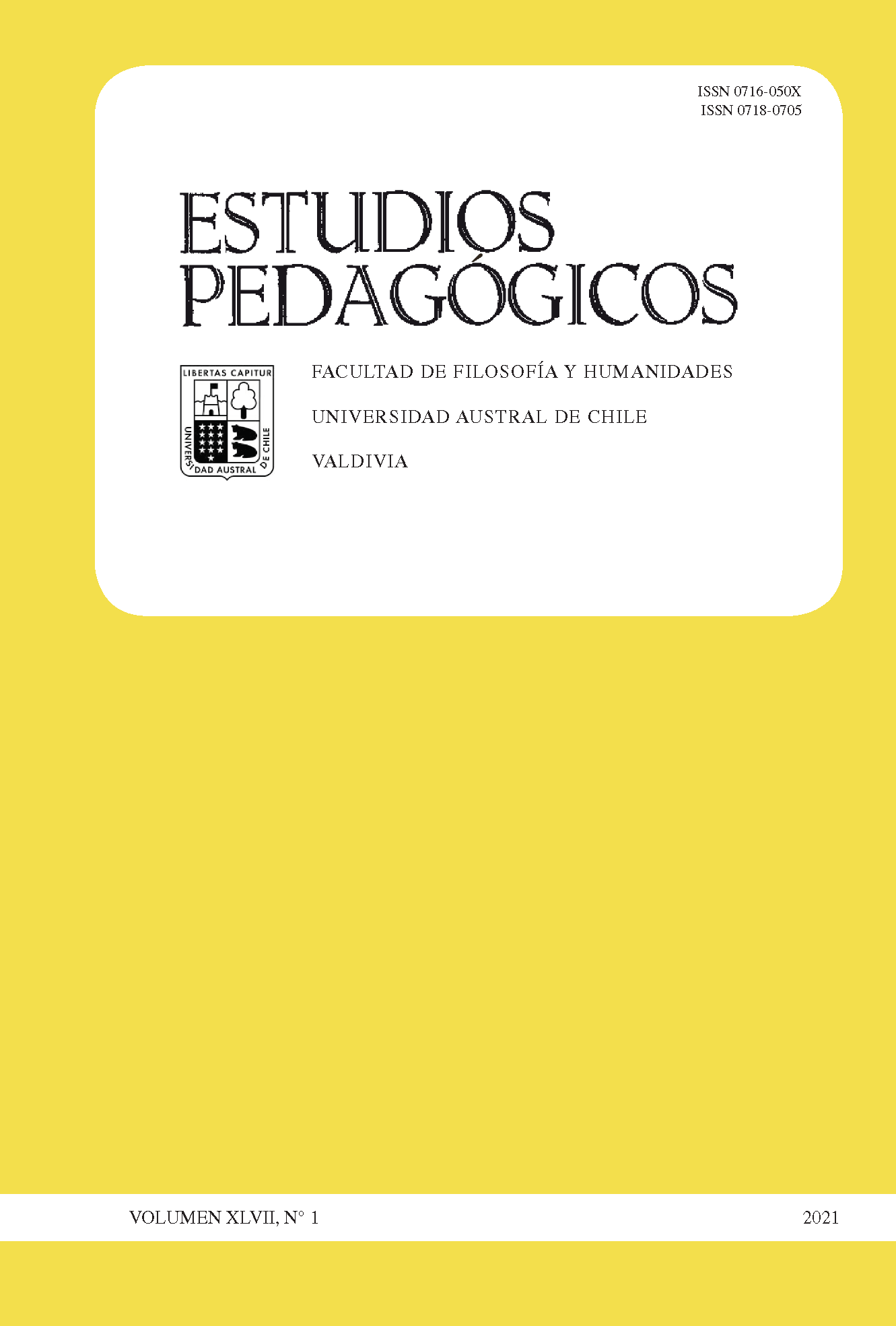Save our palnet: prospective analysis with 150 children, girls, and adolescents from Chile about on the environmental education of the future
Main Article Content
Abstract
Given the current climate crisis, there is a tension between hopeful, catastrophic and denialist visions of the future. Environmental education fields have promoted constructive visions of the future in which, as a result of collective action, the effects of climate change are mitigated, and communities adapt to new subsistence conditions. This qualitative study reports a prospective analysis of environmental education, based on letters from 150 schoolchildren who participate in a local Chilean program. In this regard, they point out a pool of measures: sustainable management actions; care and preservation of the environment; communication and social organization; and (self)education. They also distinguish certain glocal problems, actors and places that must be considered in the construction of tomorrow. Is discussed the importance of taking these suggestions in political terms and of offering more and better spaces to prefigure the environmental future they want to live.

